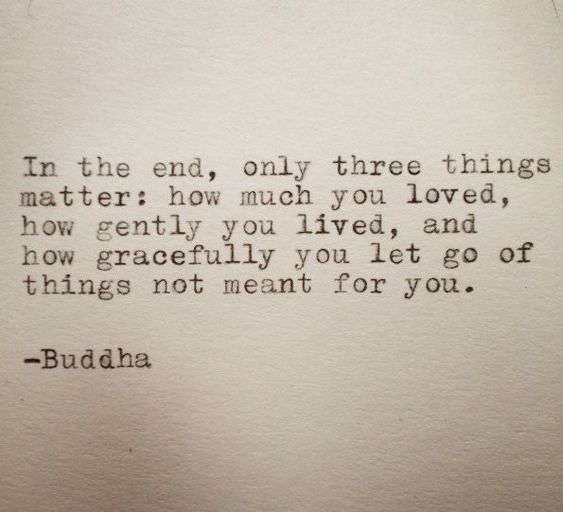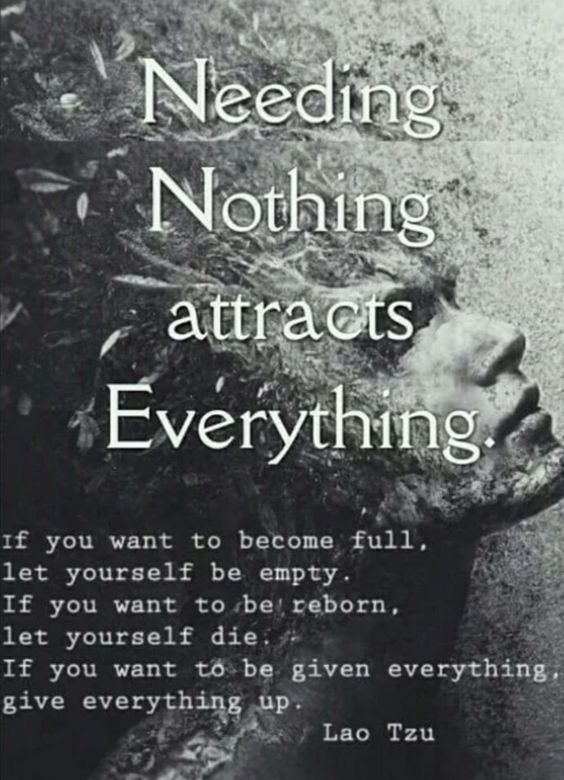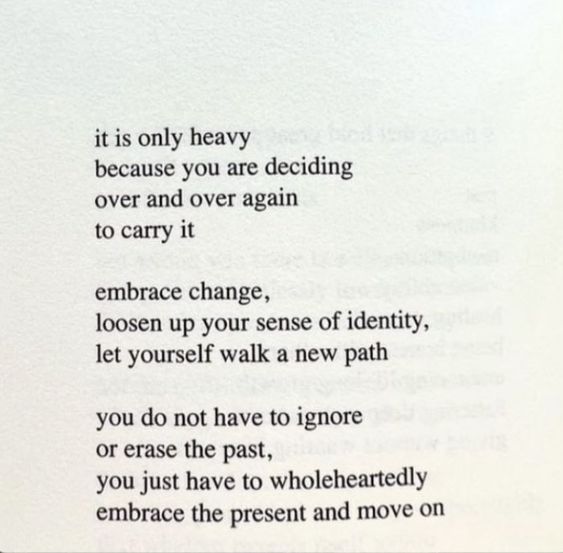“The constant awareness that one should not start clinging to anything makes life blissful. One enjoys tremendously whatever is available. It is always more than one can enjoy, and it is always available. But the mind is too attached to things—we become blind to the celebration that is always available.”
Osho, Everyday Osho (Page 261)
“To succeed in the ‘outer world,’ you must discipline yourself to focus and concentrate, work hard at your job, take continuous action toward your goals, and become better and more capable as you move onward and upward in life. To succeed in the ‘inner world,’ however, requires almost the opposite abilities. To achieve inner peace, you must discipline yourself to let go of everything that can disrupt your sense of inner peace and contentment.”
Brian Tracy, No Excuses! (Page 286)
“I know that sometimes, persistence is not a virtue. I would trade my other abilities to be an exceptional songwriter. I gave it a serious enough try to know that I don’t have the knack, for years, and I’m not interested in being publicly mediocre at the performing arts. My life is incalculably better for having let the dream go. The world will be happiest with a certain range of behaviors from you—life will be easier if you find a place in that range where you’re content. David Whyte calls this the conversational nature of reality, and he is correct about the importance of this concept.”
Sasha Chapin
“Holding on for dear life. That’s a cliche from the movies. Dangling from a railroad bridge, only determination and firm grip can save the hero. In our modern world, we often end up holding on to ideas, to grievances or to our view of the world. Ironically, the harder we hold on to the things we’re hiding from, the less dear our life becomes. Perhaps we could let go for dear life instead.”
Seth Godin
“The only victory lies in surrender to oneself.”
Sheldon B. Kopp, If You Meet Buddha On The Road, Kill Him! (Page 224)














